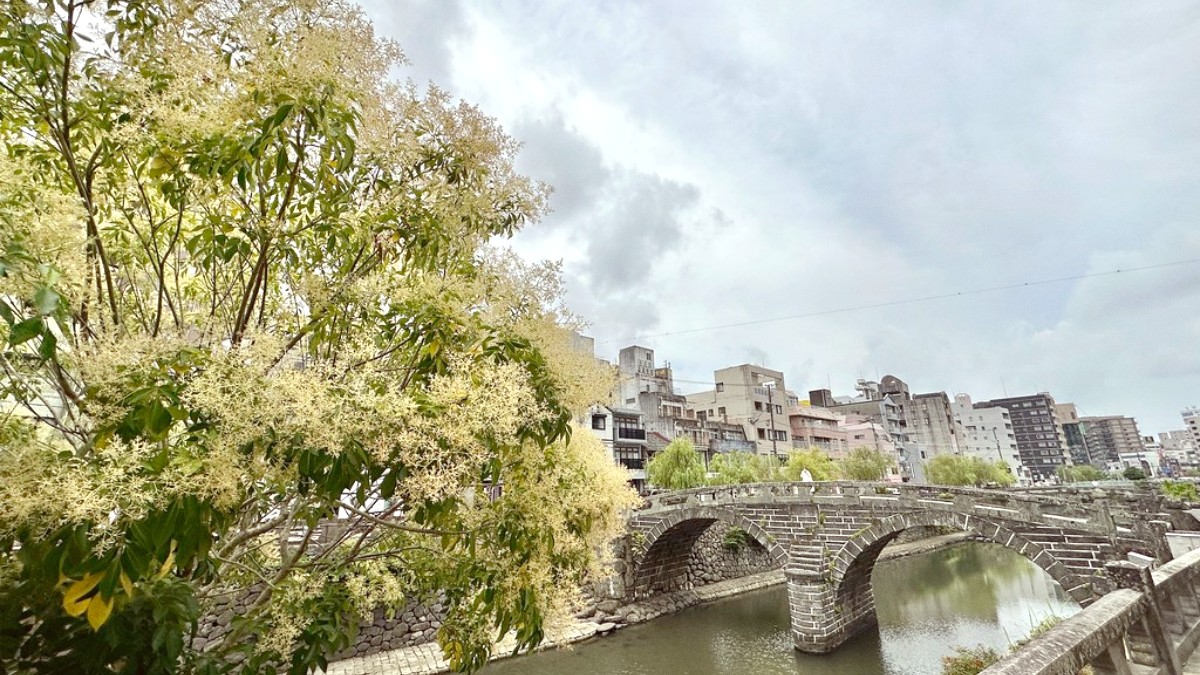
Kyushu, Japan
Learn about local SIM cards, Wi-Fi, and translation resources.
Japanese is the official language. English ability varies.
Understand typical operating hours for various establishments.
Know banking hours and how holidays influence services.
Carry a small plastic bag for your trash. Public trash cans are scarce in Japan; you will often carry waste until finding a designated bin, usually at convenience stores or train stations.
Japan works on accessibility. Travelers with mobility challenges may benefit from planning ahead.
Major train stations and airports often have elevators, escalators, and accessible restrooms. Newer buildings and tourist facilities consider accessibility.
Atomic Bomb Museum and Peace Park exhibit good accessibility. Glover Garden has escalators and moving walkways to assist with its hilly layout.
Newer buses are low-floor and more accessible. Taxis offer a direct, accessible option. Nagasaki's hilly terrain and older tram cars may present challenges.
Support for visual or hearing impairments exists in public areas.
Organizations share information for travelers with disabilities.
For language learning on the go, consider Rosetta Stone for useful phrases and vocabulary.
.
.